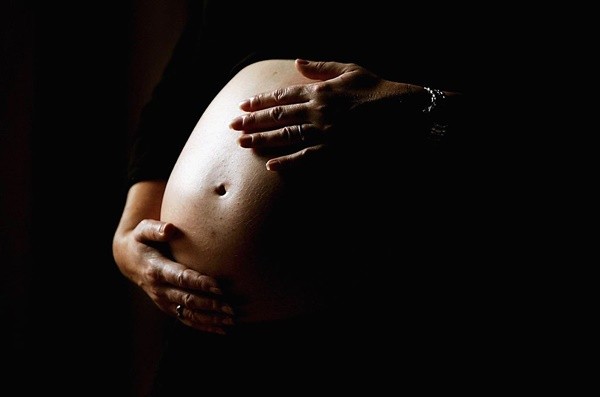Anti-depressants and autism have been found to have a connection. Researchers found that expecting women who are taking anti-depressant medications are putting their unborn child in great danger of developing autism.
Anti-depressants are usually being taken by pregnant women in order to lift their mood. The pill can balance the neurotransmitter serotonin so it prevents expecting mothers to go down in depression. However, the Journal of American Medical Association just published the result of a study which link anti-depressants to autism.
According to the research of the JAMA Pediatrics, mothers who take anti-depressants while in the middle or last stage of their pregnancy have 87 percent chance of giving birth to an autistic child.
To explain this phenomenon, researchers suggest that how the serotonin work to combat depression of the mother may have created a negative impact on the child's brain development. Nevertheless, they pointed out that taking anti-depressant pills during the critical stage of fetal development can hinder the baby's brain development in a lot of ways.
The study was completed after the researchers analyzed the health records in Quebec dating from 1999-2009. In this span of 10 years, about 145,456 children with ages raging from 1 to 10 years were born. 1,054 of these children were diagnosed with Attention Deficit Hyperactivity Disorder (ADHD) and most them have mothers who took anti-depressants during the second or third trimester of pregnancy.
Meanwhile, lead researcher Anick Berard told The Independent, "It is biologically plausible that anti-depressants are causing autism if used at the time of brain development in the womb, as serotonin is involved in numerous pre and postnatal developmental processes, including cell division, the migration of neuros, cell differentiation and synaptogenesis - the creation of links between brain cells."






















